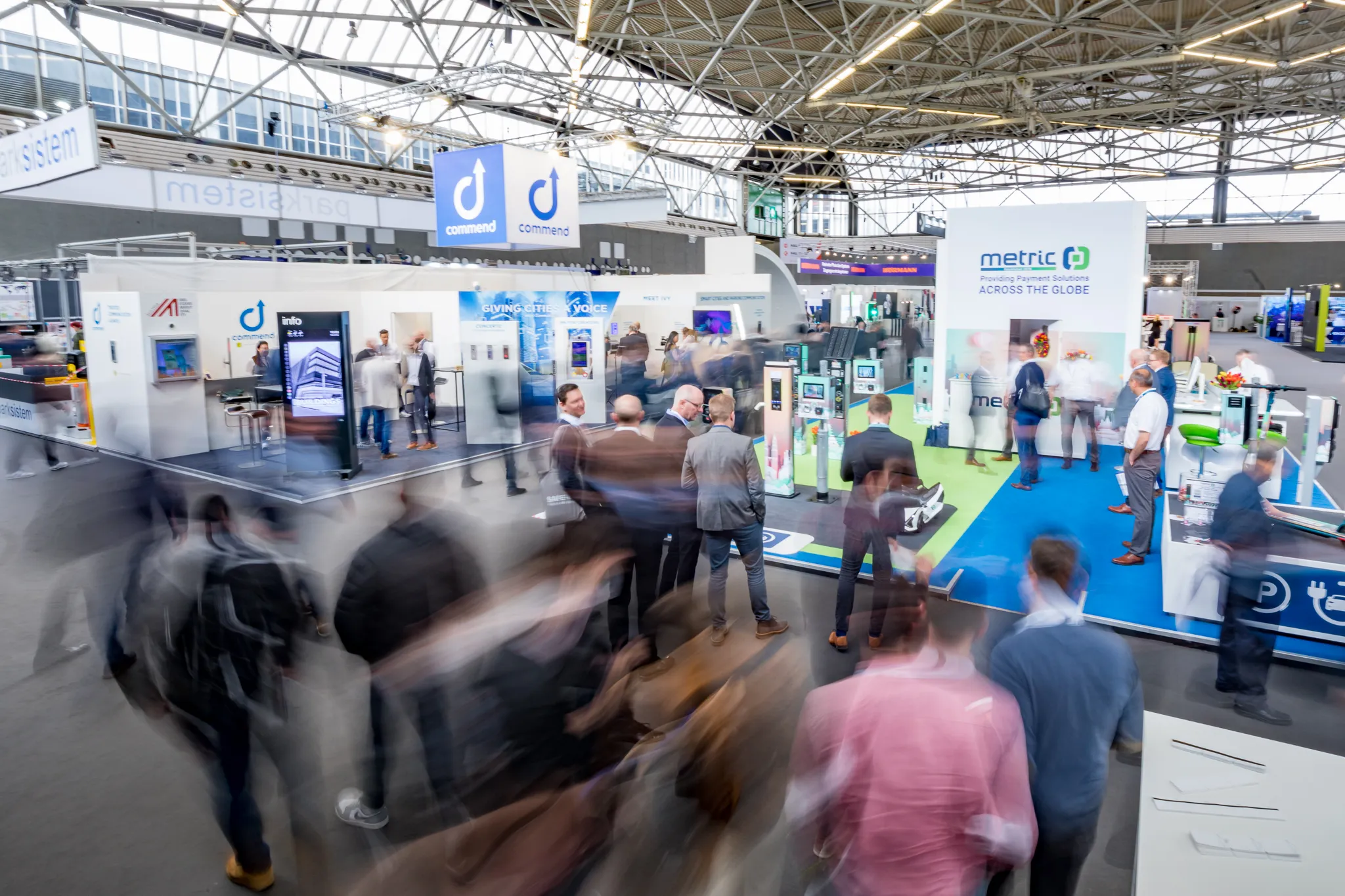The EU's TEN-T Programme is to provide over US$4 million of funding for a study and pilot on the development of alternative refuelling infrastructure on the main Dutch highways. A network of greener and cheaper liquefied natural gas (LNG) and liquefied bio gas (LBG) service stations will help to prepare the roll-out at European level. The project aims to pave the way for the European deployment of LNG/LBG as a fuel for medium and long haul road transport. To this end, the project will pilot the construction
March 13, 2015
Read time: 2 mins
The EU's TEN-T Programme is to provide over US$4 million of funding for a study and pilot on the development of alternative refuelling infrastructure on the main Dutch highways. A network of greener and cheaper liquefied natural gas (LNG) and liquefied bio gas (LBG) service stations will help to prepare the roll-out at European level.
The project aims to pave the way for the European deployment of LNG/LBG as a fuel for medium and long haul road transport. To this end, the project will pilot the construction of five LNG/LBG refuelling stations on the main highways connecting The Netherlands to Germany and Belgium.
The project will also address the lack of operational data on LNG/LBG use, which often causes transport service providers to refrain from switching to the alternative fuel. 75 LNG/LBG-powered trucks operated by different companies will be equipped with a data collection system providing the necessary information on the trucks and the stations. The data will feed into new business models based on LNG/LBG use.
The project's outcomes will contribute to European renewable energy targets by establishing an operational market for LNG within a short period of time and sharing best practice with industry and other transport stakeholders at the European level.
The project was selected for EU funding with the assistance of external experts under the TEN-T Annual Call 2013, priority 'Decarbonisation/substitution or environmental cost reduction'. Its implementation will be monitored by INEA, the1690 European Commission's Innovation and Networks Executive Agency. The project is to be completed by December 2015.
The project aims to pave the way for the European deployment of LNG/LBG as a fuel for medium and long haul road transport. To this end, the project will pilot the construction of five LNG/LBG refuelling stations on the main highways connecting The Netherlands to Germany and Belgium.
The project will also address the lack of operational data on LNG/LBG use, which often causes transport service providers to refrain from switching to the alternative fuel. 75 LNG/LBG-powered trucks operated by different companies will be equipped with a data collection system providing the necessary information on the trucks and the stations. The data will feed into new business models based on LNG/LBG use.
The project's outcomes will contribute to European renewable energy targets by establishing an operational market for LNG within a short period of time and sharing best practice with industry and other transport stakeholders at the European level.
The project was selected for EU funding with the assistance of external experts under the TEN-T Annual Call 2013, priority 'Decarbonisation/substitution or environmental cost reduction'. Its implementation will be monitored by INEA, the









